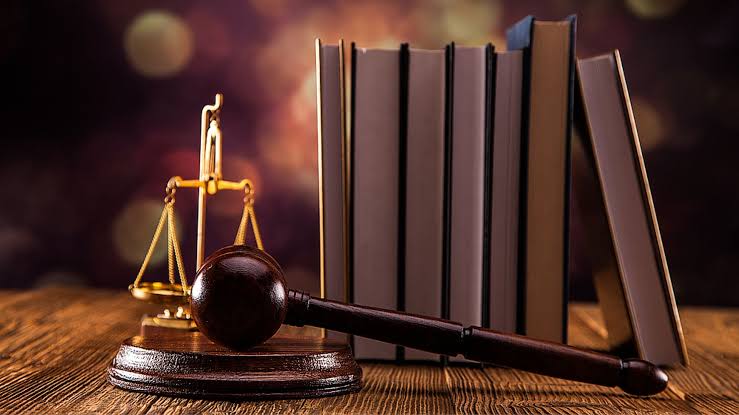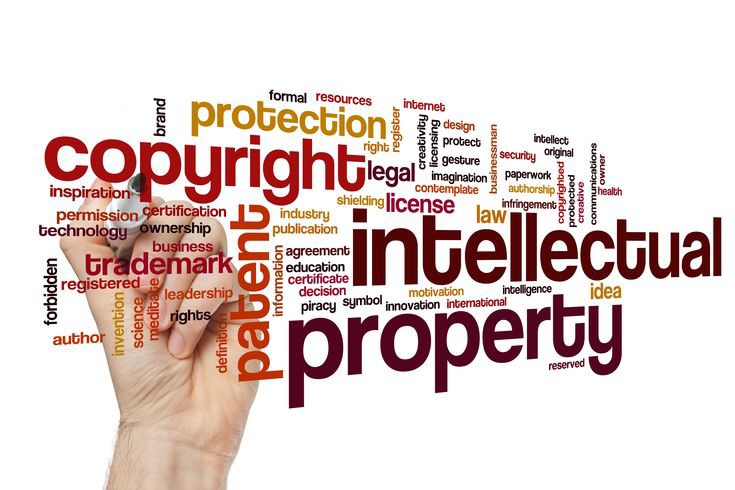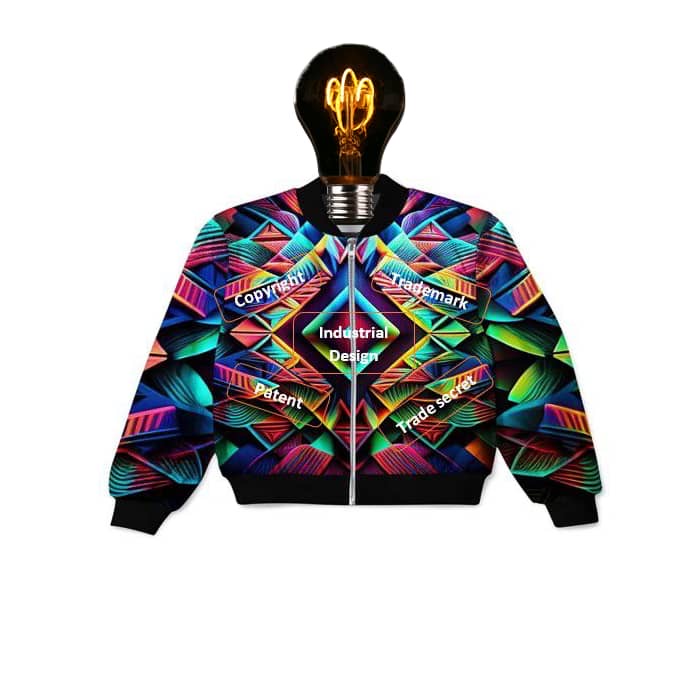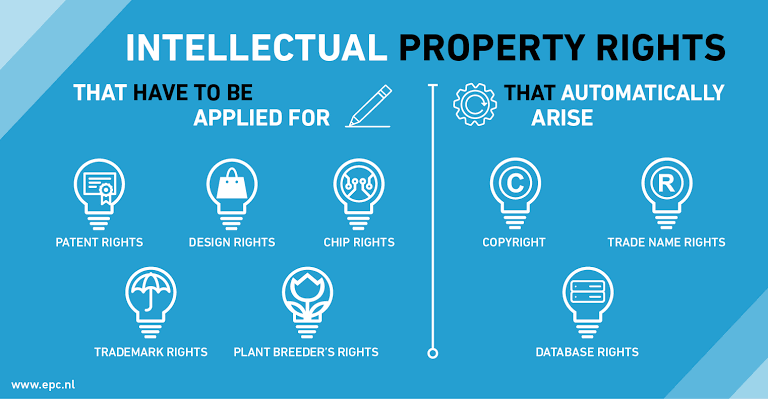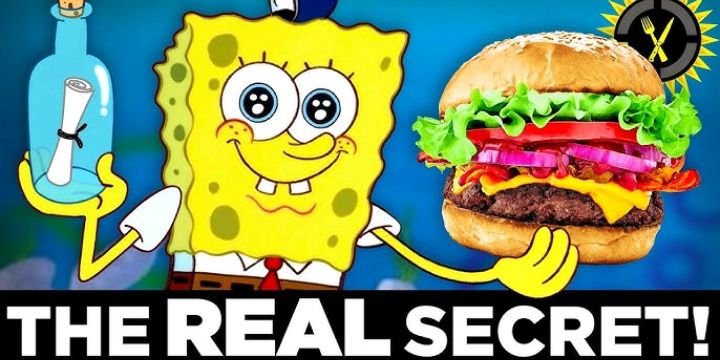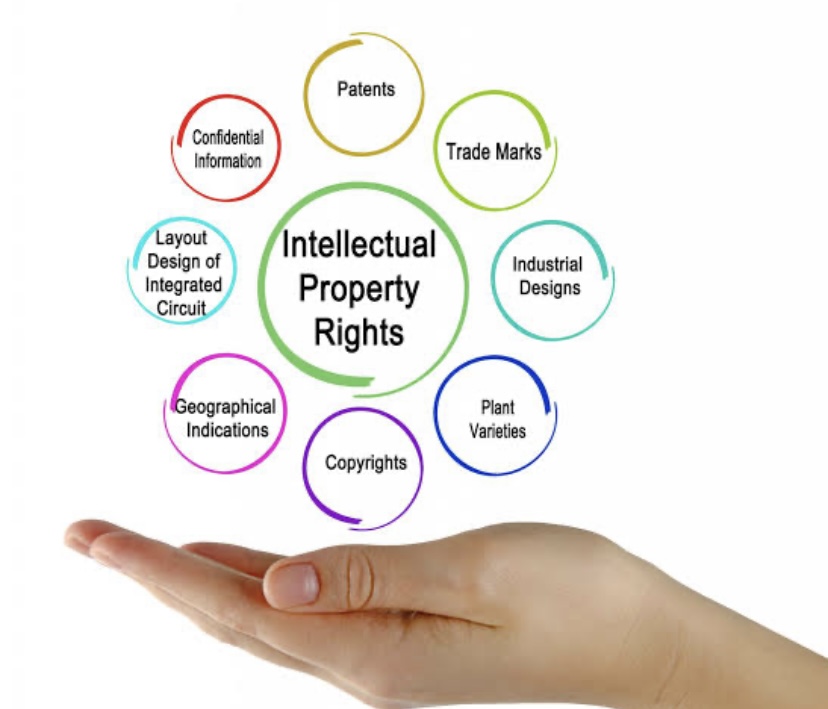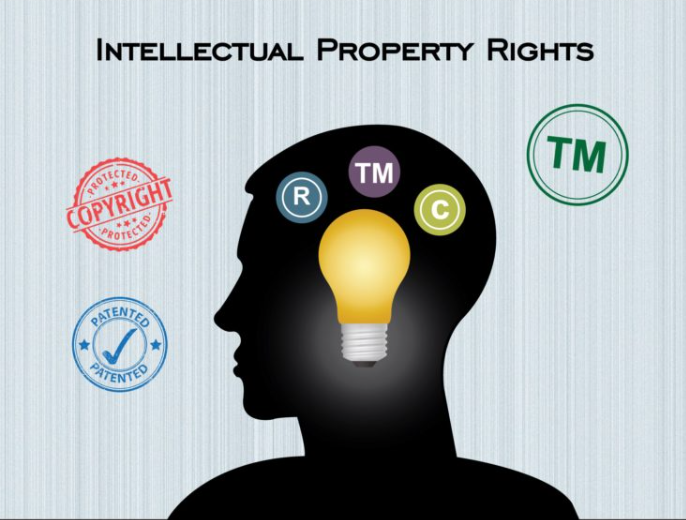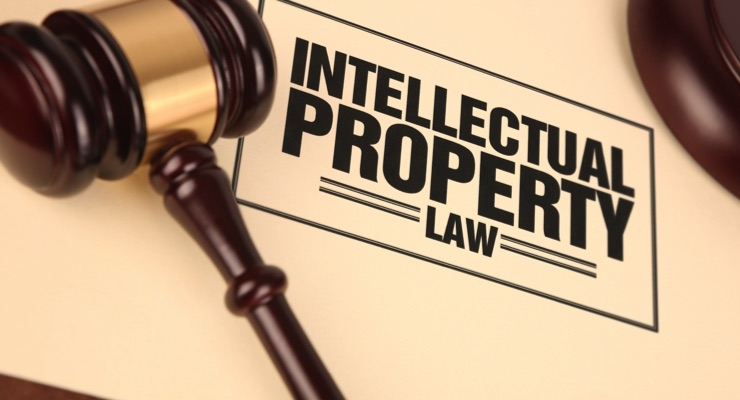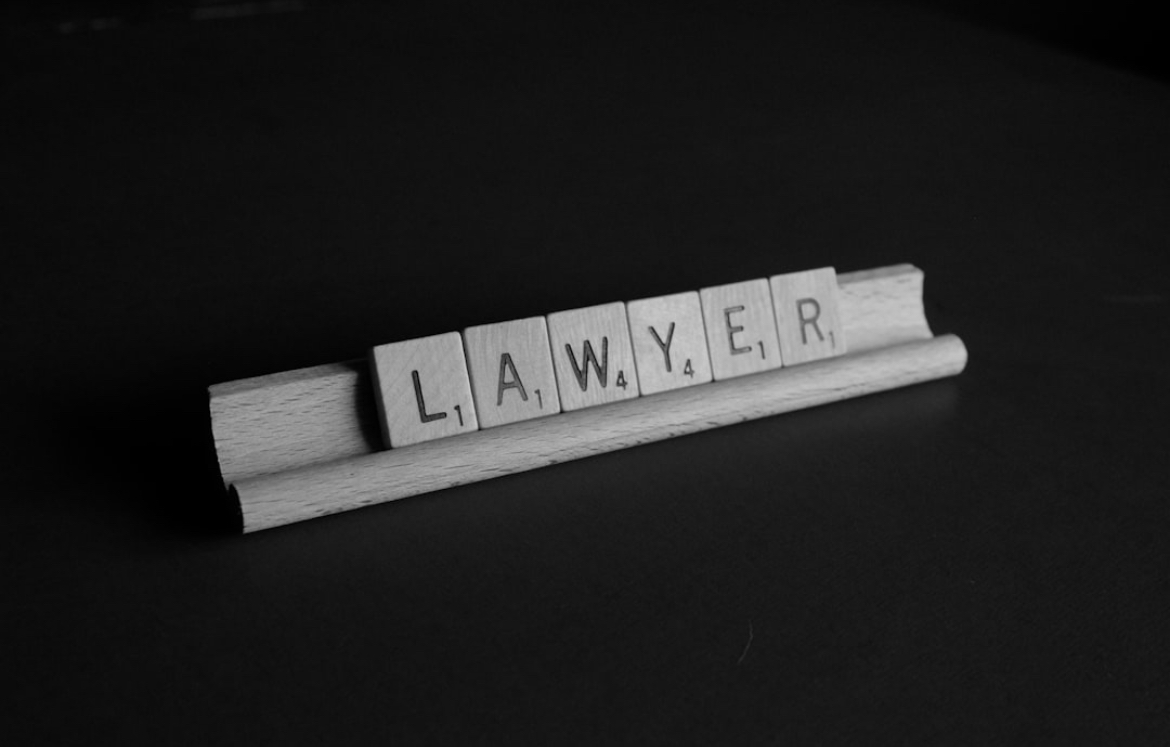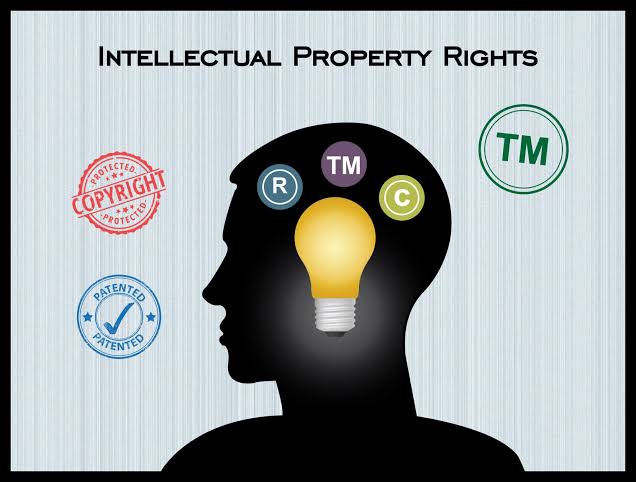
INTRODUCTION
Intellectual property rights (IPRs) is yet another aspect of the law that guarantees and protects man but quite unlike the provisions on fundamental and human rights, these rights are aimed at protecting the mental and artistic product of the human mind.
Intellectual property rights has been present and recognized as far back as 500BC, where in Greece protective rights were granted to new dishes that were made. However the first recorded patent for an industrial invention was granted in 1421 in Firenze, Italy to an architect and engineer, Filippo Brunelleschi; who had thought out a better method for transporting goods on the River Aron. For this, he sought ad obtained a monopoly from the Florentine authorities to exploit the invention for a number of years on the condition of divulging the details of his new invention which would be free for exploitation by others who would improve on it after the agreed period.
This therefore led to the birth of the modern concept of intellectual property rights which saw the emergency of such rights as copyright, trademarks, trade secrets and geographical indications (GIs) of source.
According to the Intellectual Property Rights- Law and Practise, there are two (2) broad categories of intellectual property rights and they are;
1. Industrial property rights; that embodies patents, trademarks, industrial designs, trade secrets and geographic indications (GIs) of source and,
2. Copyrights
1. INDUSTRIAL PROPERTY RIGHTS: Industrial property is one of the two branches of intellectual property. The purpose of industrial property law is to protect inventions and industrial or commercial creative work. These rights include the following;
• Trademark - The term ‘trademark’ refers to any unique word, phrase, symbol, or design or any combination of words, phrases, symbols or designs that identifies and distinguishes the goods or services of one party from those of other parties. In Nigeria, a trademark that is eligible for registration include the following; an invented word, device, label, ticket, brand, letter, numeral, company name or any other combination of them.
A trademark gives the owner of the mark exclusive right to use the mark to identify goods or services. However in return for a fee, the owner of a mark can give same to a third party like via a franchise arrangement.
The principal legislation that regulated trademarks in Nigeria is the Trademarks Act. The Act sets forth the procedure that must be undertake before the approval/recognition of a trademark to include; the filing of the application, acknowledgement of application by the registrar and examination of the same, refusal of the application.
Upon examination of the trademark, the Act allows for the publication of the mark in a journal which the registrar keeps for the purpose of opposition; which is an act that allows for the disputing of the authenticity/ originality of a mark.
It is important to state that a decision of the registrar on the application for a trademark is subject to appeal to the Federal High Court, which right for further appeal is exercisable up to the Supreme Court of Nigeria.
The trademark thus registered by the registrar has a subsistence period of 7 years and which can be renewed for a further 7 years amounting to 14years.
It is noteworthy to state that the trademarks regime in Nigeria is on a ‘first-to-file’ basis and also only marks registered in Nigeria enjoy statutory protection from infringement.
• Patent - According to the World Intellectual Property Organization (WIPO), a patent is an exclusive right granted for an invention - a product or process that provides a new way of doing something or that offers a technical solution to a problem.
According to the Intellectual Property Rights- Law and Practise, the patent is the strongest intellectual property rights, that grants a monopoly to the patent holder for their inventions.
It is necessary to state that in Nigeria, computer software, codes, computer programs are not granted as patent but rather are protected as a copyright. Also plant patent are not granted in Nigeria.
The primary legislation that governs patents in Nigeria is the Patents and Designs Act 1971. The Act sets the following conditions for what should be regarded as a patent-able inventions thus;
i) It must not be new
ii) If it is new, it must be a product of an inventive activity and must be capable of being used industrially
iii) If it’s an improvement on a patented invention and also novel, it must be a result of an inventive activity, capable of being industrially utilized.
The Act further outlines the necessary formalities that must be observed before an invention can be registered to include; the application for patent made to the registrar which must be accompanied by a description of the relevant invention with any appropriate plans and drawings, with the true inventor named even if he or she is not the person applying for the patent.
According to the Act, an invention when patented will last for 20years from the date of application, with a yearly renewal during its subsistence. Also the right to patent an invention in Nigeria is on a ‘first-to-file’ basis.
• Industrial Designs - this is an intellectual property which gives an exclusive right to a person who has created a novel appearance of a product. This intellectual property concerns itself with ‘how a product looks’ in opposition to its ‘technical or functional features’.
The legislation that governs this IPR is the Patents and Designs Act 1971. The Act defines industrial design as ‘any combination of lines and/or colours and three-dimensional form whether or not associated with colours, if it is intended by the creator to be used as a model or pattern to be multiplied by industrial process and is not intended solely to obtain a technical result.
The principles which have been utilized for developing industrial design law are from experiences of patent and copyright laws. It shares copyright laws because the design is artistic and patent laws because there are scientific considerations.
The Act further lays down the formalities that must be observed before an industrial design can be registered. A period of 5years is also designated as the protection time frame for an industrial design which can be renewed twice thereafter for 5years respectively.
The registration of an industrial design in Nigeria is on a ‘first-to-file’ basis and also on an occasion where the application is not made by the author, it is required of the applicant to name the true creator.
• Trade Secrets - The Black’s Law Dictionary defines a trade secret as a ‘ formula, process, device or other business information that is kept confidential to maintain an advantage over competitors; information - including a formula, pattern, compilation, program, device, method, technique or process’.
Trade secrets are broadly classified into;
i) Trade secrets that protect invention or manufacturing processes that do not meet the patentability criteria and therefore can only be protected as a trade secret and
ii) Trade secrets for inventions that fulfills the patentability criteria and could therefore be protected by patents.
The criteria that qualifies a confidential information as a trade secret has been provided for in the Agreement on Trade-Related Aspects of Intellectual Property Rights (TRIPS) to include;
i) A secret not generally known to the public
ii) The information thus not publicly disclosed must have commercial value and
iii) The holder must exercise a reasonable effort to maintain it’s secrecy.
Trade secrets as an intellectual property rights is not statutorily protected in Nigeria.
• Geographic Indications (GIs) of source - Geographic Indications (GIs) are place names (in some countries also words associated with a place) used to identify products that come from these places and have these characteristics (for example, ‘Champagne’, ‘Scotch whisky’, ‘Basmati rice’, ‘Tequila’ or ‘Roquefort’). Thus a product’s quality, reputation or other characteristics can be determined by where it comes from.
This IPR serves to recognize and acknowledge the essential role geographic and climatic factors and/or human know-how can play in the end quality of a product.
The duration of GI in some jurisdictions is 10years, renewable from time to time on payment of a renewal fee.
At present, there is no legislation in Nigeria that provides for this Intellectual Property Rights (IPRs).
2. COPYRIGHT
Copyright as a category of IPR entails the exclusive right of the original creator of a copyrightable work gets usually for a limited time period.
The principal legislation that regulated copyright in Nigeria is the Copyright Act which grants authors, artists, and other creators protection for their literary and artistic works (e.g. Books, movies, music, paintings, photographs, and software) and gives a copyright holder the exclusive right to control reproduction or adaptation of such works for a certain period of time,
Under the Act, the following works are subject and eligible for copyright; literary works, musical works, artistic works, audiovisual works, sound recordings and broadcasts.
For a work to be eligible for copyright, some conditions must be met as set out by the Act thus;
i) The expending of some effort on the making of the work this granting it an original character and
ii) The work has been fixed in any medium of expression known or later to be developed, from which it can be perceived, reproduced or otherwise communicated either directly or with the aid of any machine or device - S. 2(2)
The Act further in granting eligibility for copyrightable works does not require any formality for it’s recognition. As a legal opinion writer posits, ‘the Act does not provide for the registration of eligible works as copyright arises automatically upon creation of such works’. However, it is necessary to state that the Act empowers the Nigerian Copyright Commission (NCC) to create and maintain a data bank of authors and their works and thus the commission established a voluntary notification process by which authors can notify it of their works - S. 77-78
It is utmost importance to state that the notification of the NCC of the creation of such eligible works serves as evidence of it’s existence, date of creation of the work which will be helpful in the event of a dispute regarding the ownership of the work - S. 78(2)
Copyright in literary, artistic and musical works have a duration of 70years from the date of the author’s death. On the other hand, copyright in cinematographic films and photographs last for 50years from the date of the first publication of the work whilst for sound recordings and broadcast, it’s subsistence period is 50years from the date of the making of the first recording of the broadcast - S. 19
Copyright as earlier stayed grants it’s author exclusive right during its period of subsistence. Thus during this period, of any act is effected by a third party that impedes the enjoyment of the said right, a civil action can be instituted against the infringing party by the right holder. Note that this does not in any way estops the institution of a criminal proceeding against the said infringing party.
REFERENCES
1. Aelex . Guidebook on Intellectual Property in Nigeria
2. Copyright Act, C28 Laws of the Federation of Nigeria
3. Fidealis, Copyright et Système d’Enregistrement Certifié par Huissier. (2023, August 27). Intellectual property: What is industrial property? Fidealis. https://www.fidealis.com/en/intellectual-property/industrial-property/
4. Intellectual Property Rights- Law and Practise Module 3 (2015)
5. Patents and Designs Act 1971
6. Trademarks Act, Cap. T13 Laws of the Federation of Nigeria (LFN) 2004
7. Udukeke, F.O et al (2022). Entrepreneurial Studies, pg. 97




